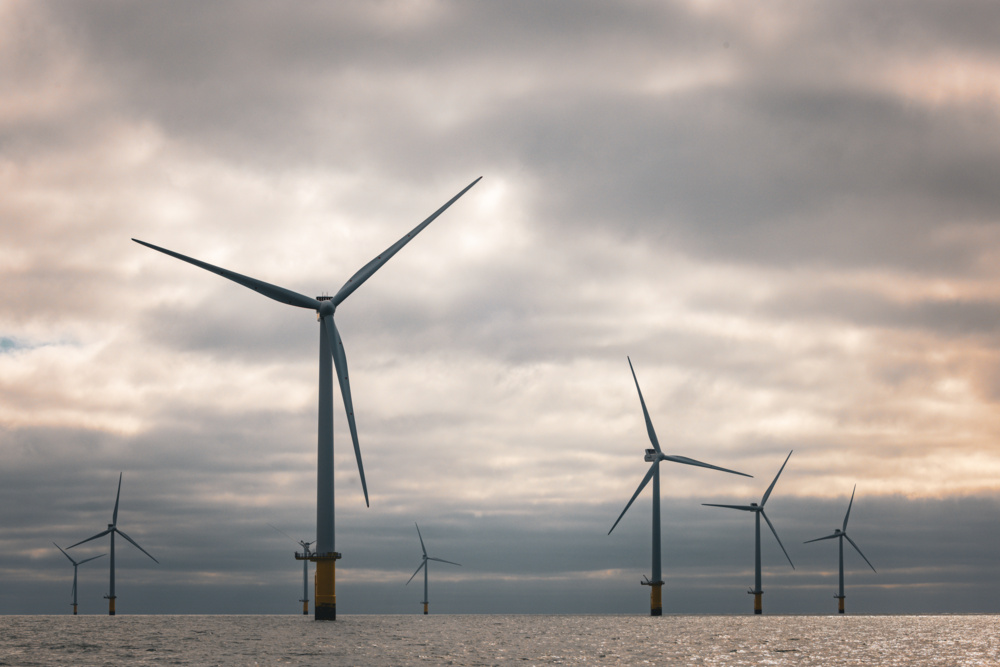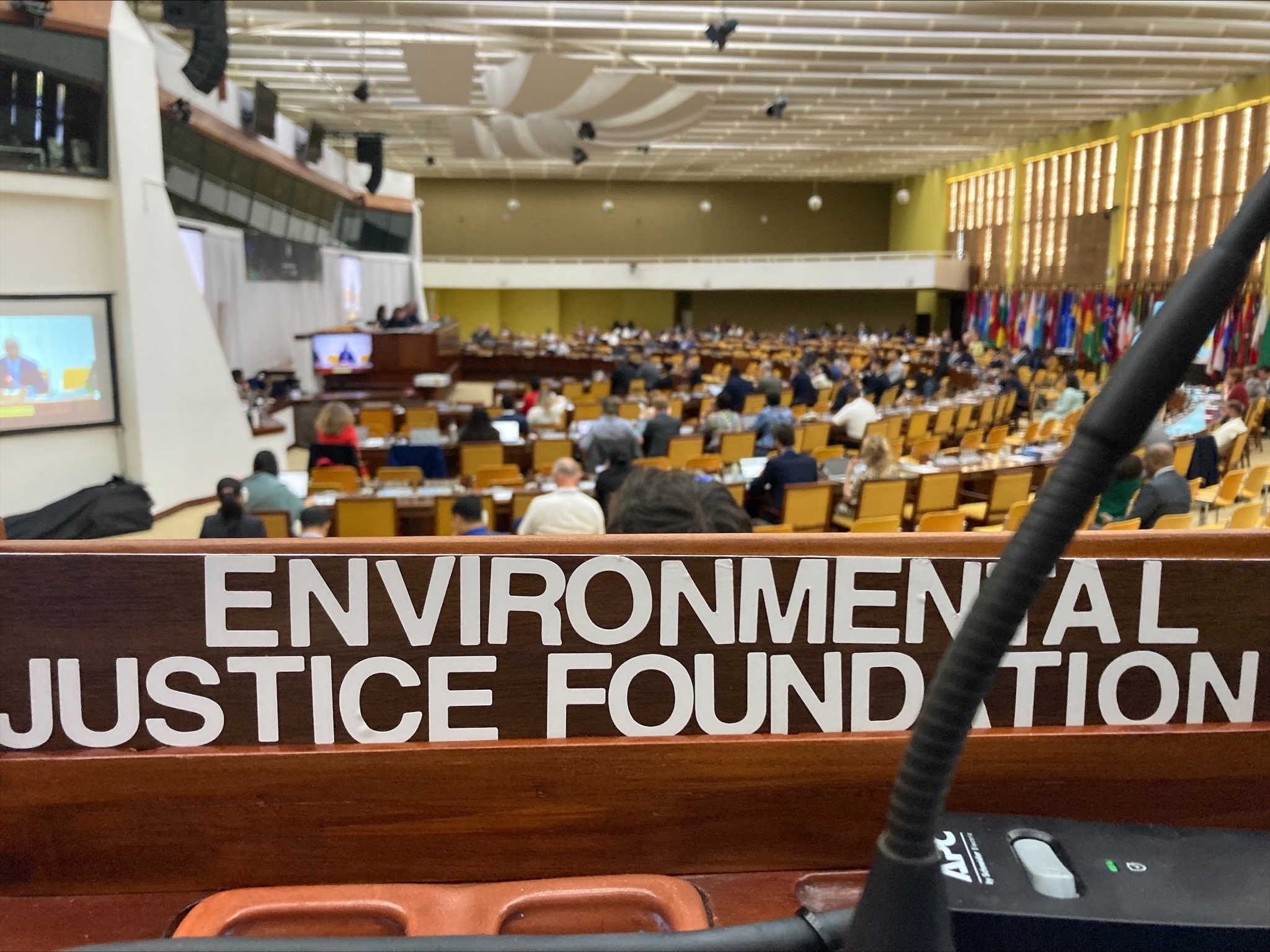
Unlocking the power of a truly green transition in the UK
Our greenhouse gas emissions and exploitation of the natural world are causing ever-worsening climate and ecological crises. Clearly, the world needs a wholesale and urgent transition to clean energy and in turn, a reliable and sustainable source of the critical minerals required to power it.
The International Energy Agency (IEA) has projected that future mineral demand could more than double by 2030. Governments and companies across the globe are racing to establish the best ways to source these materials. Some are considering deep-sea mining, but this is alarmingly misguided.
The deep sea is perhaps the last unknown frontier on our planet, and remains largely untouched by human activity. It is also home to valuable metals and minerals such as cobalt, copper, and manganese, which could be used for wind turbines and electric car batteries. This has piqued the interest of those hoping to profit from this industry.
Deep-sea mining companies and supporters are arguing that it is necessary for the green transition. This is increasingly contested, as opening up this new industry is not guaranteed to supply the critical minerals needed for the transition or eliminate harmful land-based mining. In fact, the European Academies Science Advisory Council has described labelling deep-sea mining as a vital green technology is at best “misleading”.
Deep-sea mining would harm the seabed and wider ocean ecosystems, and the full extent of the repercussions is poorly understood. There is far too much environmental and financial risk to this enterprise to make it worth any of the alleged benefits.
The UK has recently become one of 24 countries to take a position against deep-sea mining in international waters. At the same time, the need for a source of critical minerals for the green transition has been recognised in a recent report from the Foreign Affairs Select Committee, which found that the UK has fallen behind its allies in securing these materials.
This means the UK now has a real opportunity to show global leadership by both opposing deep-sea mining and unlocking the clean energy upgrade through solutions that already exist. Rather than exploiting a precious ecosystem that has been forming for millennia, we can start by looking at the materials that have already been mined, and at the swift progress of new technology which doesn’t rely on deep-sea minerals.
Increasing recycling rates – currently woefully poor – and the rapid development of new battery technology could decrease cumulative mineral demand by 58% by 2050. There is a ready supply of minerals that we are not utilising – each year, 16,000 tonnes of cobalt is lost due to insufficient collection and recycling of mobile phones. Recycled material could cover between 80 to 90% of the demand for cobalt, nickel and manganese by 2050, and doubling battery lifetimes could nearly halve cobalt demand.
Batteries which do not require nickel or cobalt saw their market share rise to 31% in 2022, compared to 17% in 2021 – this is projected to double in the next five years, which could significantly reduce demand for nickel and cobalt, both targeted by deep-sea mining. Efforts to advance battery technology and recycle contribute to a functioning circular economy –boosting them now offers a wide range of benefits.
We should be aiming for a circular economy, where materials that have already been mined are used for as long as possible and, once a product’s lifetime is over, they are recovered and recycled back into new products. Extending product life cycles and reusing resources that are already in circulation could make drastic reductions in the need to extract further materials.
Moving to a circular economy makes environmental and economic sense – not only could it cut global greenhouse gas emissions by 39% by 2032, but it would potentially create a net increase of six million jobs globally by 2030, including 450,000 in the UK by 2035. According to a report by Green Alliance in 2021, a third of these UK-based roles would be in regions facing higher rates of unemployment than the national average.
This is a win-win opportunity for the UK to level-up by unlocking a new source of lasting prosperity while meeting its climate targets and showing leadership in protecting the ocean. By establishing strong legislative and policy frameworks and making the right investments now, we can kickstart sustainable solutions to benefit people and the planet alike.
SIGN UP FOR OUR EMAILS AND STAY UP TO DATE WITH EJF

